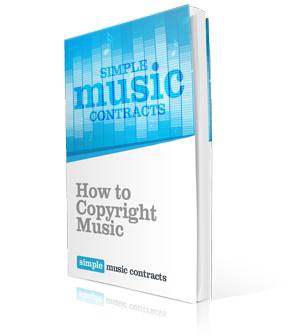
About two months ago, Facebook announced at its f8 developers conference that it would begin offering new integration features for music services. Last week it was announced in a Facebook developers blog post that since that time, 1.5 billion songs have been listened to and shared by Facebook users as a result of the new integration.
Using Facebook’s Open Graph protocol, music subscription services can allow users that connect their subscription accounts with Facebook to post music on their Facebook wall, which allows others to click on and listen to the music, as well.
Facebook founder Mark Zuckerburg clearly was singling out music subscription service Spotify when he used the company to demonstrate the new integration at the f8 conference. Spotify then caused a stir by not only requiring users to sign up for new accounts via their Facebook account, but also had a default setting that automatically displayed what songs were listened to on the user’s Facebook page. It was later clarified by Spotify in a statement that this setting could be changed.
Spotify, which was first made available to U.S. subscribers this summer, was said to have added “well over four million new users since f8.” Before f8, Spotify had around 10 million users.
But the surge in users, presumably at least in part helped by the Facebook integration, is not limited to Spotify, and in fact seems to have benefited subscription companies across the board. The Facebook post reported that Mog saw a 246 percent growth since f8 and Rdio’s registration increased 30-fold. Earbits, Slacker and French company Deezer were also singled out for remarkable growth.
Vevo and RootMusic are named as more experienced companies seeing growth from the integration, and Ticketmaster and Ticketfly are reported to have seen advantages as well. The blog says that the latter companies, along with Eventbrite, have seen between $2 and $6 in direct ticket sales for every link posted on Facebook.
It would appear that the new Facebook music integration is directly benefiting independent services, but time will tell what the long-term implications will be. Facebook is preparing to release the Timeline feature soon, which has been promised to allow even smoother integration of user’s interests, which will be shared with friends of the user. Facebook expects this to help music subscription services even further, though there has already been much backlash against the amount of information automatically made public by Timeline, so we’ll have to wait for the actual results.

